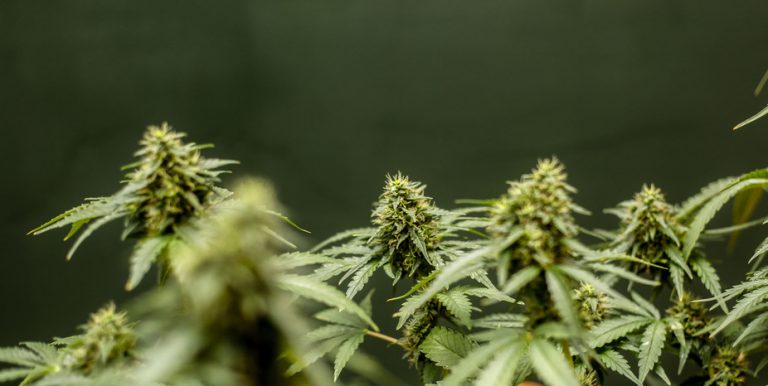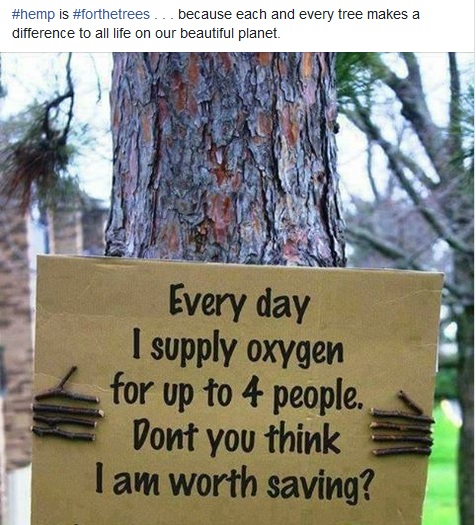About
This website is dedicated to planet Earth and all who live upon her.
- Much respect and gratitude goes also to modern day hemp pioneer Chris Conrad for his unflagging efforts throughout the decades to tell the true story of this wonderful plant. Chris is the author of Hemp: Lifeline to the Future, which is quoted throughout this website.
Please visit Chris Conrad’s website here, and be sure to check out his books (they are all interesting and engaging reads) as well as his beautiful paintings.


Preserving Forests, Soil and Farms
“Forests protect and nurture the diversity of life on the planet. Our forests also guard the sources of most of our clean drinking water the watersheds. Deforestation is the road to desertification. Hemp produces four times as much pulp per acre as forest land. It’s wood will serve for all the commercial uses of trees and save endangered forests.
Overall, hemp is the ideal farm crop. Hemp seedlings endure cold or light frost. It even grows well on muck lands for purposes other than fiber. Hemp leaves the soil in excellent condition for any succeeding crops. Hemp does not wear out soil. Farmers have reported excellent hemp growth on land cultivated steadily for nearly 100 years. This is especially important for rainforests, which are often cut down merely to clear more land for grazing and farming. When the soil retains its fertility, there is no need to clear more land.
Finally, hemp is capable of repairing depleted topsoil and reversing the effects of erosion. Hemp improves the physical condition of the soil, destroys weed and, when cleaned on the same land where it has grown, returns most of the fertilizing elements used during the growing season. This self-fertilization by its own leafy matter, along with crop rotation, meets most of its fertilizer needs.
Excerpts from Hemp: Lifeline to the Future, Chapter 7 by Chris Conrad